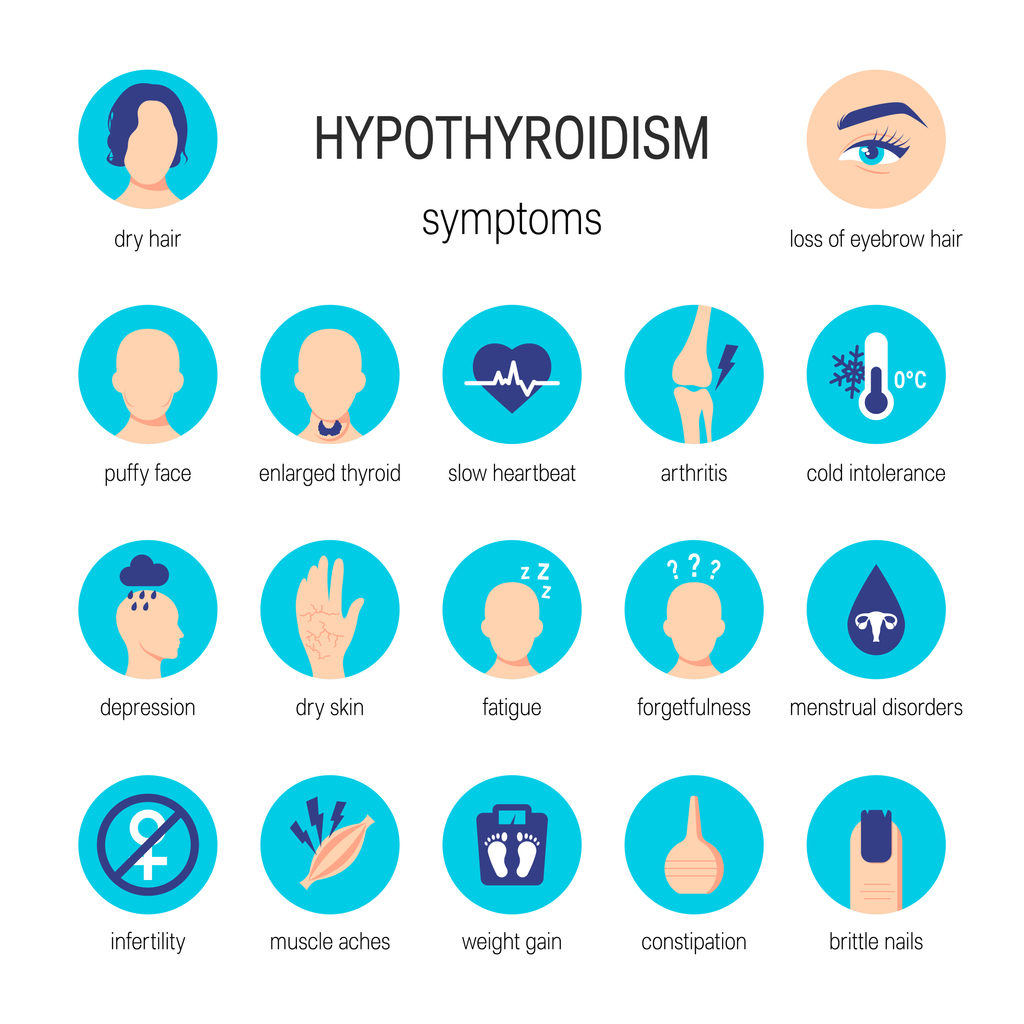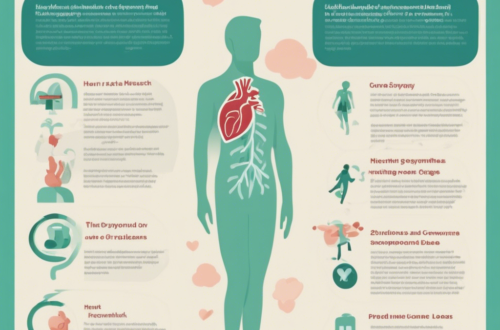Understanding Low Thyroid (Hypothyroidism)
Definition and Overview
Hypothyroidism, commonly referred to as low thyroid, is a condition where the thyroid gland does not produce enough thyroid hormones. These hormones play a crucial role in regulating various metabolic processes in the body, making them vital for overall health.
Imagine your body’s metabolism as a car engine; it needs the right fuel to run smoothly. In the case of hypothyroidism, the engine stutters due to insufficient fuel, which can lead to a multitude of symptoms. It often occurs gradually, making it easy to overlook at first, but its effects can be profound.
Being aware of hypothyroidism is essential since it affects millions of people worldwide. Recognizing the signs early can lead to timely treatment, improving quality of life significantly.
Impact on Body Functions
The influence of low thyroid levels extends far beyond just fatigue. Here are some key areas where hypothyroidism has a significant impact:
- Metabolism: The thyroid hormones are critical in regulating how the body uses energy. When levels are low, metabolism slows down, leading to weight gain, despite a normal diet and exercise routine.
- Energy Levels: With decreased hormone production, many experience a constant feeling of tiredness and sluggishness, making everyday activities feel overwhelming.
- Mental Function: Hypothyroidism can affect mood and cognitive functions, causing forgetfulness, irritability, and even depression. This emotional imbalance can create a challenging cycle, as individuals may struggle to find motivation or joy in activities they once enjoyed.
- Body Temperature Regulation: Many people with hypothyroidism report an increased sensitivity to cold. Even in warm environments, they can feel chilly. This symptom stems from the body’s diminished ability to generate heat due to slowed metabolism.
Understanding these impacts underscores the importance of seeking medical evaluation if any symptoms arise, as early diagnosis can lead to effective management.

Common Signs of Low Thyroid Levels
When it comes to recognizing hypothyroidism, being aware of the common signs can make a significant difference in seeking early treatment. Below are key indicators to watch for:
Fatigue and Lack of Energy
Feeling tired all the time? You’re not alone. Many individuals with low thyroid levels experience overwhelming fatigue and a general sense of sluggishness. Imagine trying to run a race but feeling like you’re stuck in slow motion; that’s how daily life can feel. If you find yourself needing extra caffeine just to get through the day, this could be a warning sign.
Unexplained Weight Gain
Another telling sign of hypothyroidism is unexplained weight gain. You might be eating healthily and exercising regularly, yet those pesky pounds just won’t budge. This can be incredibly frustrating, as it feels like all your efforts are in vain. Low thyroid hormones slow down metabolism, making it a challenge to lose weight effectively.
Mental Well-being Effects
Hypothyroidism doesn’t just affect physical health; it takes a toll on mental well-being too. Individuals may experience mood swings, irritability, and even feelings of depression. It can feel like a heavy fog settling in, making it hard to think clearly or feel joy in day-to-day activities.
Hair and Skin Symptoms
If you notice your hair becoming dry, brittle, or thinning, it may be linked to low thyroid levels. Similarly, skin can also suffer, becoming rough and dry, which might lead one to feel self-conscious.
Sensitivity to Cold Temperatures
Lastly, increased sensitivity to cold is a common symptom. Individuals with hypothyroidism often find themselves feeling chilly, even when others are comfortable. It might even lead to wearing extra layers or seeking out warmth more frequently.
Recognizing these signs early can lead to effective management and treatment. If you resonate with any of these symptoms, reaching out to a healthcare professional might be the next best step for your health.
 Source: www.womenshealthnetwork.com
Source: www.womenshealthnetwork.com





